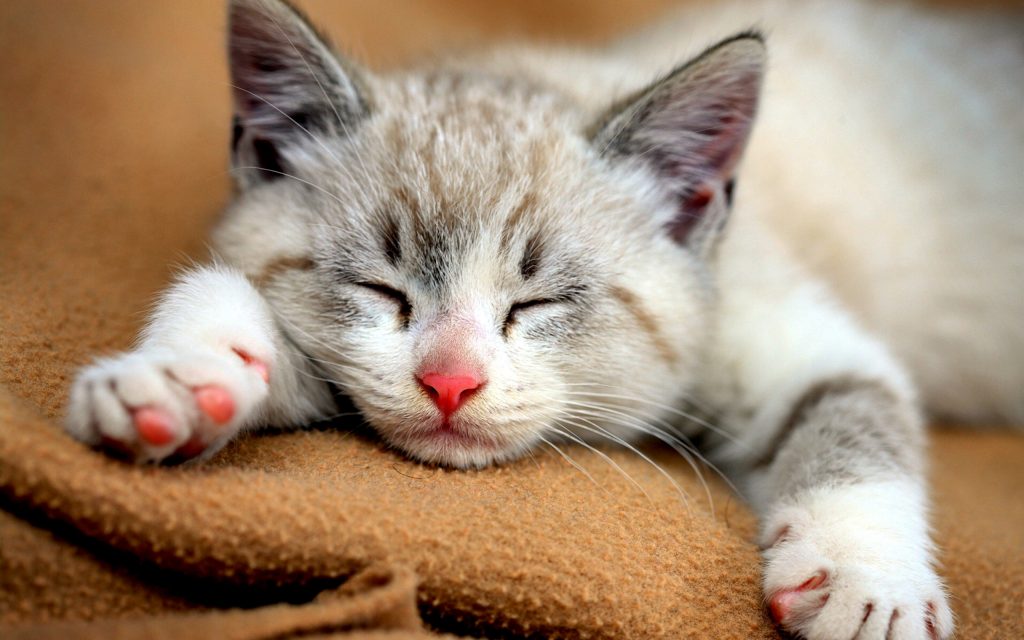
Guess what …your cat really does love you! According to a study published in September, findings indicate that domestic cats have been thoroughly misunderstood. If you own a cat, you know they can be a bit aloof and independent but when it comes right down to it, they crave human interaction.
This is a PSA to all dogs…. your social cognition has received considerably more scientific attention over the last several decades but the time has come and science proves that pet cats form secure and insecure bonds with their human caretakers.
“She just hugged me!” is a common saying in my house and if you own any kind of fur baby, you know the realization that yes, they really can differentiate who feeds them! This study indicates that cats (similar to dogs) are securely attached to their owner and use them as a source of security in novel environments.
Cats have a strong reputation for being independent but their love has been underestimated! To test a cat’s love for their owner, the research group had to decipher how much attachment an animal has for its caregiver, using a series of tests where you watch how a subject response when reunited with their caregiver. Basically when an animal or infant is left alone, anxiety peaks and once their caregiver returns the subject quickly relaxes.
During this study, an adult cat or kitten spent two minutes in a room with their owner followed by two minutes alone. Then, they had a two-minute reunion. The cats’ responses to seeing their owners were classified by their attachment styles.
If you own a cat, what they found by doing this series of test will not surprise you. The results highlight that cats bond in a way that’s surprisingly similar to infants. Cats human attachments are stable and very apparent in both kittens and adult cats.
So there you have it! Your cat is just like a dog, it is your best friend and companion and absolutely adores you! The importance of this research is not to just prove that cats crave human interaction but to explore several aspects of cat attachment behavior, including if socialization and fostering opportunities in shelters impact attachment security in adoption cats.
